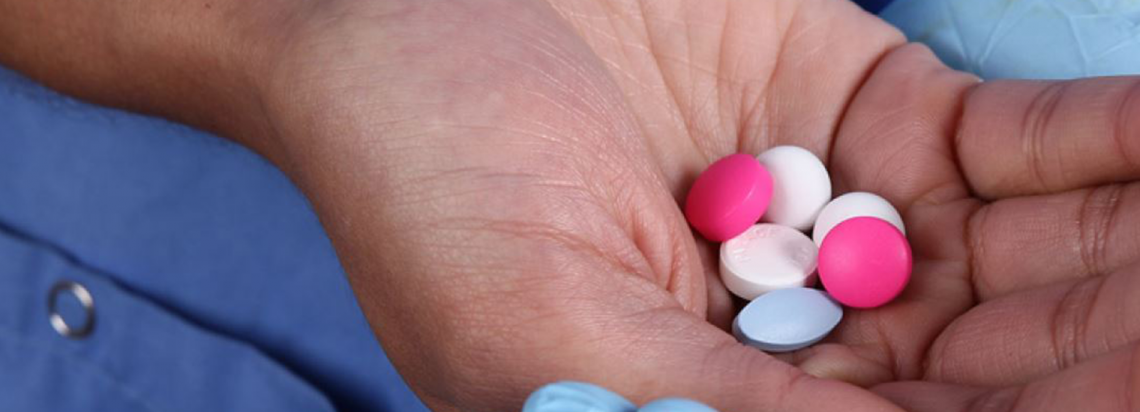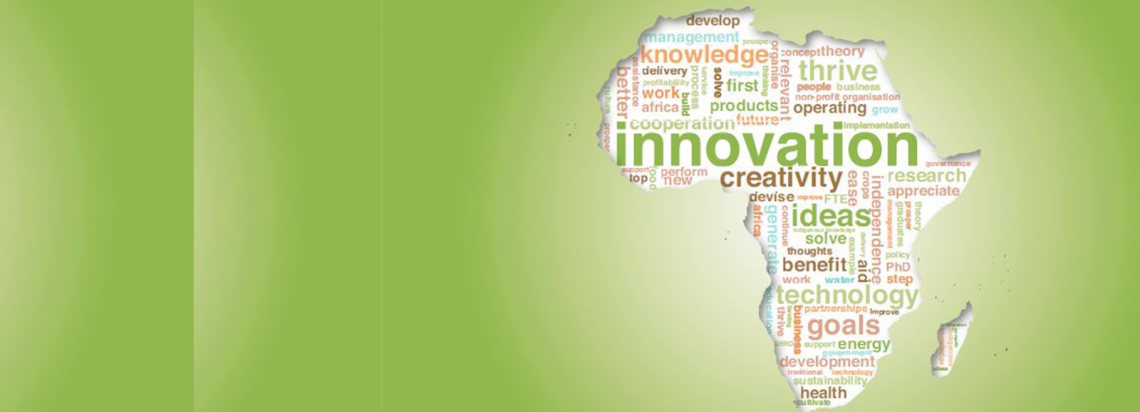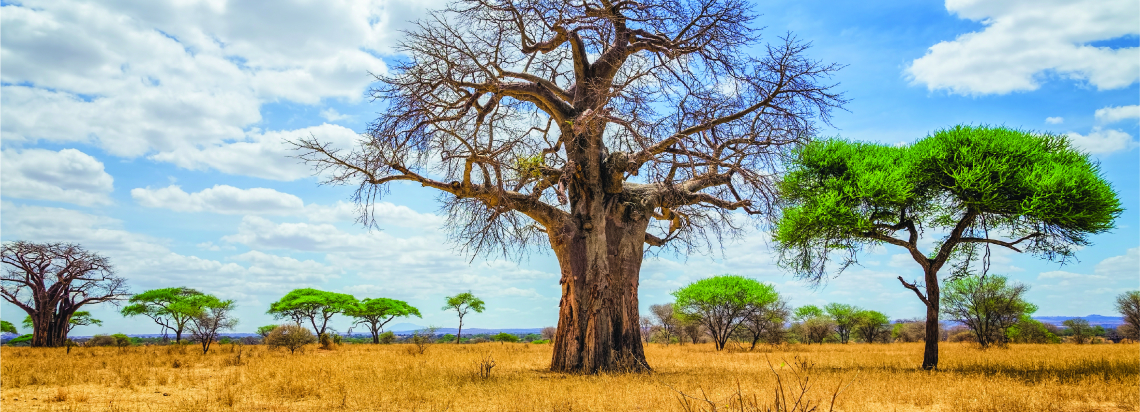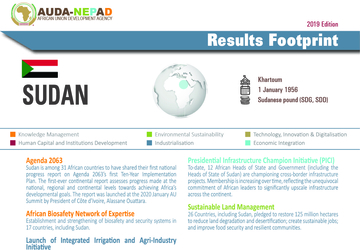 Sudan
Sudan
Official Name: Rebpublic of Sudan
Capital: Khartoum
Independence Day: 1 January 1956
Currency: Sudanese pound (SDG, SDD)
Key Result
1,338 women benefited from one project implemented in Sudan. The regional project Equality Now advocated on the ratification of the Protocol on the Rights of Women in Africa and addressed human rights abuses suffered by adolescent girls.
In 2015, the inaugural IGAD Member States NMRA’s meeting was held in Addis Ababa, Ethiopia. Sudan successfully participated and signed the Call for Action to implement a regional Medicines Regulatory Harmonization (MRH) programme.
Sudan is receiving support (USD 7.73M) from Sahel and West Africa Program (SAWAP) to promote sustainable livelihoods and landscapes in Sudan by adopting sustainable land and water management practices through the Sudan Sustainable Natural Resources Management Project (SSNRMP).
Sudan is one of ten countries to have been selected as the first-wave cohort that will implement the Initiative for Food and Nutrition Security in Africa (IFNA).
Projects

A critical AU Model Law aimed at harmonizing medical products regulatory systems in Africa was endorsed by African Heads of State and Government at the January 2016 AU Summit in Addis Ababa, Ethiopia. The AU Model Law will contribute towards accelerate the regulation of safe, quality and affordable medical products and technologies in Sudan.
In 2015, the inaugural IGAD Member States NMRA’s meeting was held in Addis Ababa, Ethiopia. Sudan successfully participated and signed the Call for Action to implement a regional Medicines Regulatory Harmonization (MRH) programme. A follow up meeting was convened in 2016 and agreed to establish an IGAD MRH Steering Committee, Technical Working Groups (TWG’s) and a Coordination Unit. The government of Sudan agreed to host the IGAD Regional Medicines Regulatory Collaboration and Harmonization Programme.

CADDP Compact: Sudan signed the CAADP Compact on 29 July 2013, with the aim of transforming agriculture through food & nutrition security, wealth creation, and economic growth to ensure prosperity for all.

Project : TAH programme
Description : This is phase I of the continental connectivity programme that focuses on completion and standardisation of the TAH missing links by 2030
Project : Single African Sky phase 1 (design and initial implementation)
Description : Single African Sky is a continental programme that will create a high-level, satellite-based air navigation system for the African continent
Project : Yamoussoukro Decision implementation
Description : Accelerate Yamoussoukro Decision implementation by identifying countries that are ready to fully implement it, and discussing and agreeing with both their governments and airlines to launch the voluntary club on a full membership basis;
Project : ICT Enabling Environment
Description : This programme would improve the environment for the private sectors to invest in high-speed broadband infrastructure
Project : ICT Terrestrial for Connectivity
Description : This programme has two main components: secure each country connection by at least two broadband infrastructure and ensure the access to submarine cable to all landlocked countries
Project : Internet Exchange Point (IXP) programme
Description : The aim of this programme is to provide Africa with adequate internet node exchange to maximise internal traffic
Project : North–South Power Transmission Corridor
Description : 8,000 km line from Egypt through Sudan, South Sudan, Ethiopia, Kenya, Malawi, Mozambique, Zambia, Zimbabwe to South Africa


Results:
•359 291 women capacitated through CSO and grassroots organizations including 92 Local authorities and state government in the six geopolitical zone of Nigeria. Namibia 13 Council has implemented Action Plan for Gender Aware Service Delivery and 384 Parliamentarian in the region of Tigray, Amhara and Somalia facilitated research support from 250 graduated students for Gender Aware Parliamentarian Oversight.
•74 435 women empowered economic and financial terms: Income generation skills; Deployment of technical assistance to boost agriculture production for both consumption and commercial purposes; Accessing agricultural extension services; Promotion of gender inclusiveness in decision making; Creation of enabling environment to access land; Land tenure and legalization of land title for women; Youth job creation; SME management; Informal and Regional Trade development.
•25 438 women support through institutional based capacity building.

Engagement on the ASTII programme took effect in September 2014. To-date, 21 female and 10 male participants have been trained on international data collection guidelines (OECD Frascati Family of manuals). There are on-going efforts to collect data for the 3rd edition of AIO-2017.
Contact: Prof. Migdam Elshaikh Abdelghani, Director-General of the National Centre for Researches, Dr. Samia Al Karib ( samia.karib@gmail.com) and Dr. Salaheldin Mohieldin (smohieldin@gmail.com).

Results (2013 – 2015)
Advocacy and Strengthening of Negotiation Capacities on Post-2015 Development Agenda through the Common African Position (CAP):
• The multi-stakeholder framework of engagement specifically enhanced dialogue towards ensuring the required mass to influence the Post-2015 Global Agenda and Development Goals relevant to the Continent;
• This intervention helped strengthen country and regional level negotiating capacities for the effective incorporation and articulation of Africa’s priorities as enshrined in CAP in the final Global SDGs;
• The project enabled the participation of African stakeholders at the Means of Implementation Engagement, 3rd Financing for Development Conference and the UN General Assembly that adopted the new SDGs. This ensured the incorporation of Africa’s development priorities into the new goals through developing essential negotiation capacities;
• Through the CAP/SDGs space on the Africa Platform for Development Effectiveness (APDev), knowledge products and negotiation documents, as well as, policy briefs where successfully disseminated to the African negotiators in New York and kept the continent’s stakeholders informed of the overall process;
• Development and dissemination of post-2015 Policy Briefs on “Financing and Partnerships” and “Structural Economic Transformation and Inclusive Growth”. These are priorities outlined in the CAP and the policy briefs where utilized in the negotiation process for the African continent.
Global Partnership for Effective Development Cooperation (GPEDC):
• Africa secured the hosting of the 2nd High Level Meeting (HLM) of the Global Partnership. This was attained through robust negotiation and facilitating a common voice from Africa with regards to this critical engagement by the NEPAD Agency. The 2nd HLM will be held in Nairobi Kenya;
• The NEPAD Agency advocated for the full inclusion and participation of Africa’s Regional Economic Communities (RECs) in conducting the 2nd GP Monitoring Exercise. This was a fundamental achievement considering the RECs are the continent’s building blocks with regards to socio-economic transformation;
• The Africa Action Plan on Development Effectiveness (AAP) was granted the status of an official Global Partnership Initiative (GPI) at the Planning Meeting in Brussels. The AAP was developed by the NEPAD Agency in consultation with African multi stakeholders. This has enabled the Agency to successfully mobilize resources towards the implementation of the AAP.

Project : Transmission-- North South Transmission Line Project
Countries/Region : Egypt, Sudan, South Sudan, Ethiopia, Kenya, Uganda, Tanzania, Malawi,Mozambique, Zambia, Zimbabwe, South Africa, | East and Southern Africa
Project Location : Regional Interconnector-East and Southern Africa
Sector/Subsector : Energy/Transmission
Project Description : Construction of an 8,000 km, 3,000 - 17,000 MW capacity transmission line system from Egypt through Sudan, South Sudan, Ethiopia, Kenya, Uganda, Tanzania, Malawi, Mozambique, Zambia, and Zimbabwe to South Africa, connecting the Eastern Africa Power Pool (EAPP) and the SAPP.

Project : Dakar-Ndjamena-Djbouti Road/Rail Project
Description : An 8 715 km road/rail project which entails combining TAH 5 (Dakar to N’djamena) and TAH 6 (N’djamena to Djibouti)
Estimated total cost : USD2.21 billion for the road link and USD5.95 for the rail section
Description : The use of political gravitas and goodwill to unblock and facilitate political bottlenecks affecting the implementation of ICT broadband and optic fibre projects on the continent
Project : Construction of Navigational Line between Lake Victoria and the Mediterranean Sea
Description : This project has various components focusing on water management and intermodal transport


Sudan is currently receiving support ($7.73M) from Sahel and West Africa Program (SAWAP) to promote sustainable livelihoods and landscapes in Sudan by adopting sustainable land and water management practices through the Sudan Sustainable Natural Resources Management Project (SSNRMP).
you agree to the AUDA-NEPAD Privacy Policy.


